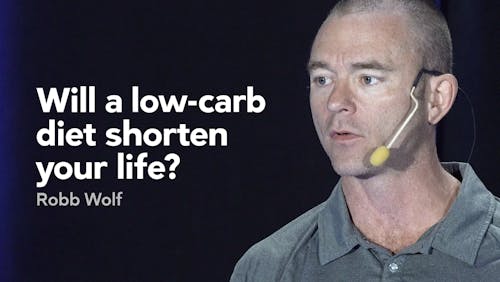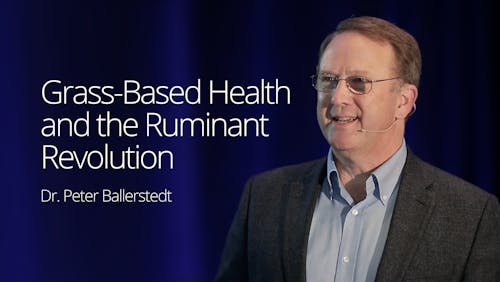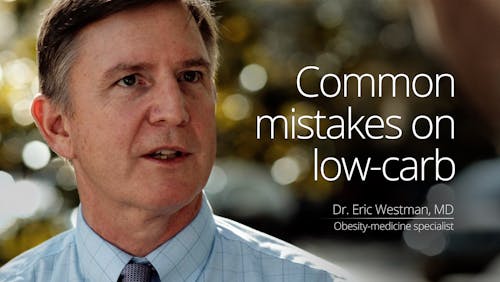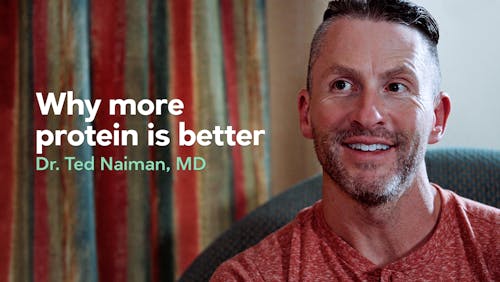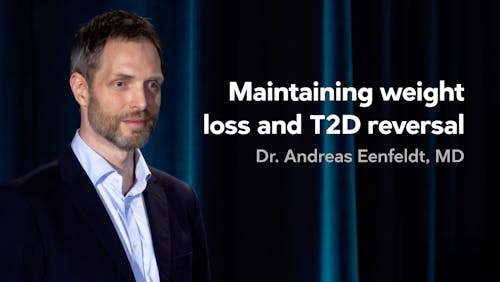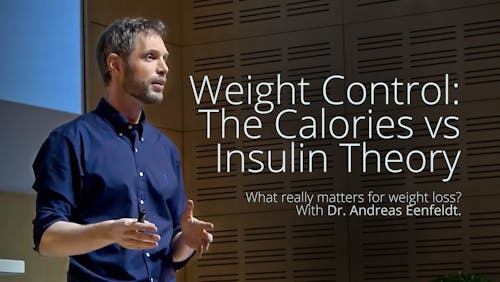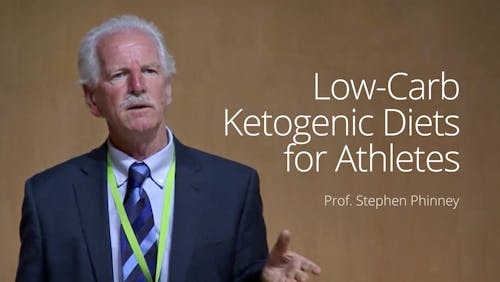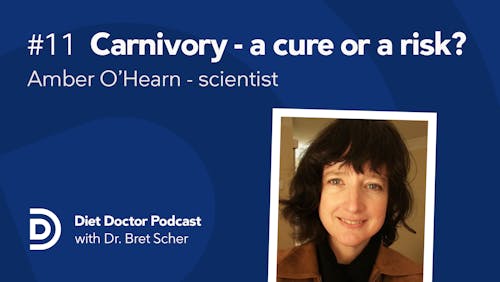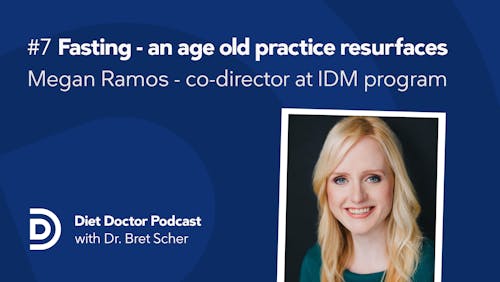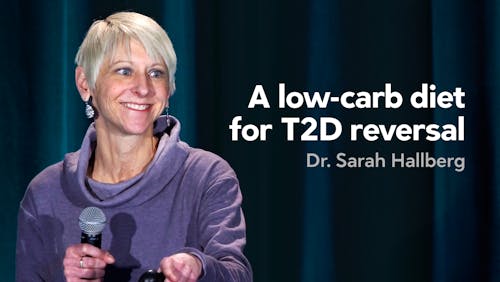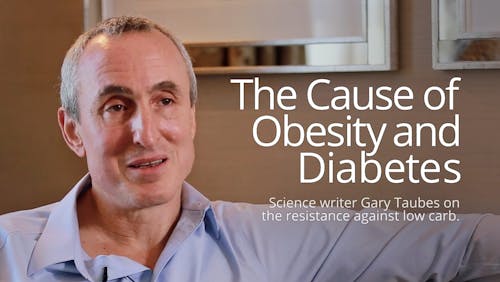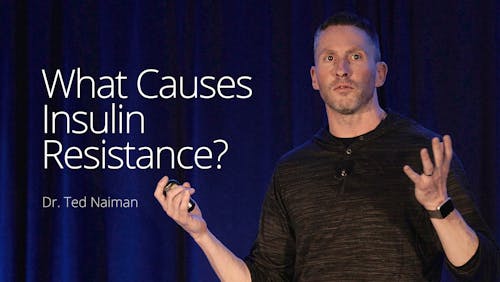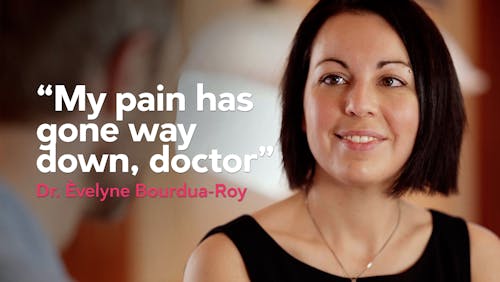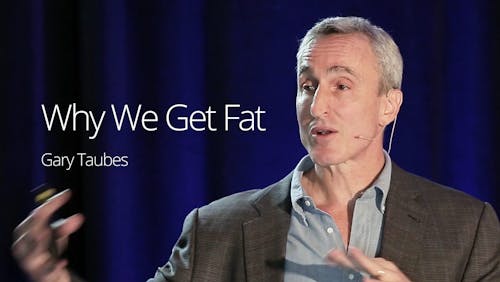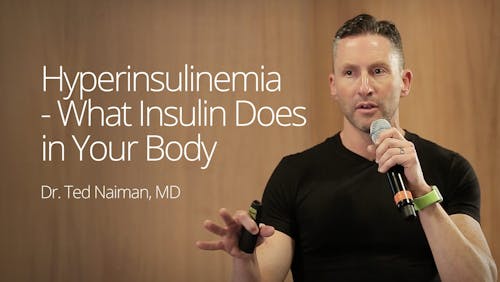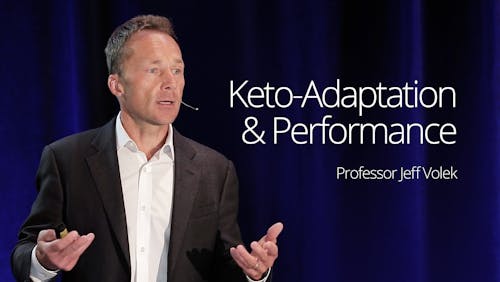Saturated fat vs. sugar: What is the cause of fatty liver?
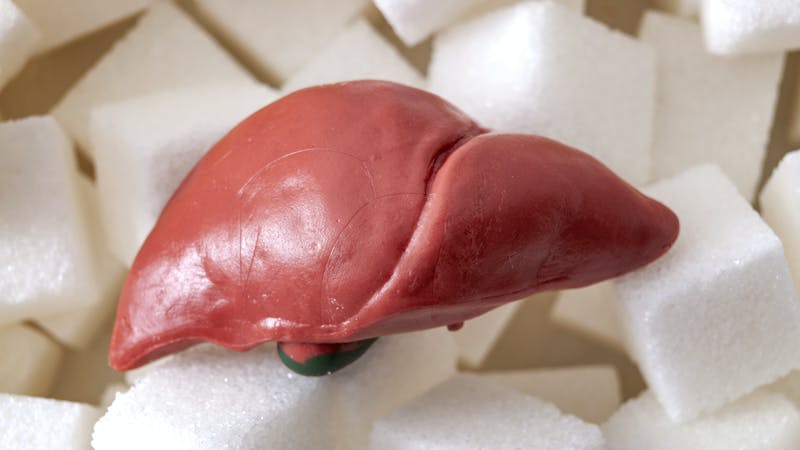
Nonalcoholic fatty liver disease (NAFLD) is a common health problem that can progress to liver failure in some patients.
Fortunately, though, it does not have to be a progressive disease given that a few small-scale studies have shown that low-carb and keto diets are effective treatments for NAFLD.
However, a new paper published in Diabetes Care, a peer-reviewed medical journal, suggests that saturated fat is a much stronger trigger for liver fat than sugar, a finding that is at odds with the aforementioned low-carb dietary studies. How could this be?
First, let’s get into the study. The study randomized 16 overweight males to follow either a saturated fatty acid diet or a sugar diet for four weeks — and then switch.
In greater detail, here’s how it worked: The participants would eat one of the two diets for four weeks. Then, they had a seven-week washout period, where they would return to their normal eating patterns. Then, once the seven weeks were up, they would switch and eat the alternative diet for four weeks.
The study found that those eating the saturated fatty acid diet showed an increase in liver fat, as well as a slight worsening of glucose and insulin response.
This brings up two important questions: How could a diet high in saturated fatty acid lead to worsening liver fat and glucose response, and how could a diet so high in sugar not do the same?
The first question is fairly easy to explain.
Those on the saturated fatty acid diet ate almost 400 kcal more per day than their baseline, and almost 300 kcal more than those on the sugar diet. Excess calories matter.
Plus, it’s important not to confuse the saturated fatty acid diet with a low-carb, high-fat (LCHF) diet. Rather, on the saturated fatty acid diet, subjects ate 239 grams of carbohydrates per day. In other words, approximately 35% of their calories were in the form of carbs.
This provides more evidence that a mixed high-carb, high-fat diet is problematic from a metabolic standpoint and from a liver fat standpoint. But, by no means was this a low-carb, high-saturated fat diet.
Does that matter? Yes, it does matter.
These findings are directly in contrast to the effects of low-carb diets, which are likewise high in saturated fats. Higher saturated fat diets that are lower in carbs and lower in calories, as referenced above, benefit liver fat.
Although this study does not specifically call this out, we can likely conclude that the problem is not the saturated fat itself, but rather the complete diet.
You can read more about our take on saturated fats, including how we need to consider the individual foods, rather than the macronutrient itself, in our evidence-based guide.
As for why the high-sugar diet didn’t cause an increase in liver fat, this is a more challenging question.
It could be that they simply needed more time to show a difference. For example, one study showed a significant increase in liver fat after six months of increasing sugar sweetened drinks. However, others have shown similar effects after only nine days of increased fructose intake.
Could this be related to the type of sugar? It is certainly possible that fructose has a more immediate effect, whereas sucrose takes longer to manifest.
The study’s finding could also have to do with total caloric intake, especially since higher caloric intake exaggerates the deleterious response. These are interesting questions that the current study does not answer, but certainly makes us wonder.
The bottom line, however, is to make sure we do not confuse this study with a low-carb diet, which has been shown in multiple trials to be beneficial for fatty liver, as well as, for glucose and insulin levels — even with increased saturated fat intake.
This is even more evidence that we cannot reliably discuss macronutrients — be it total fat, saturated fat, or even carbs — in isolation. The company they keep, the makeup of the entire diet, and the total amount of calories consumed shape our response to these different macros. This applies to metabolic health, and it applies to liver fat.
If you want guidance on how to create a low-carb diet that works for you, explore our The Get Started Keto Challenge to help get you started.
Thanks for reading,
Bret Scher, MD FACC
Earlier
Late dinner is worse for your health
Research shows higher-protein diets increase lean muscle mass


